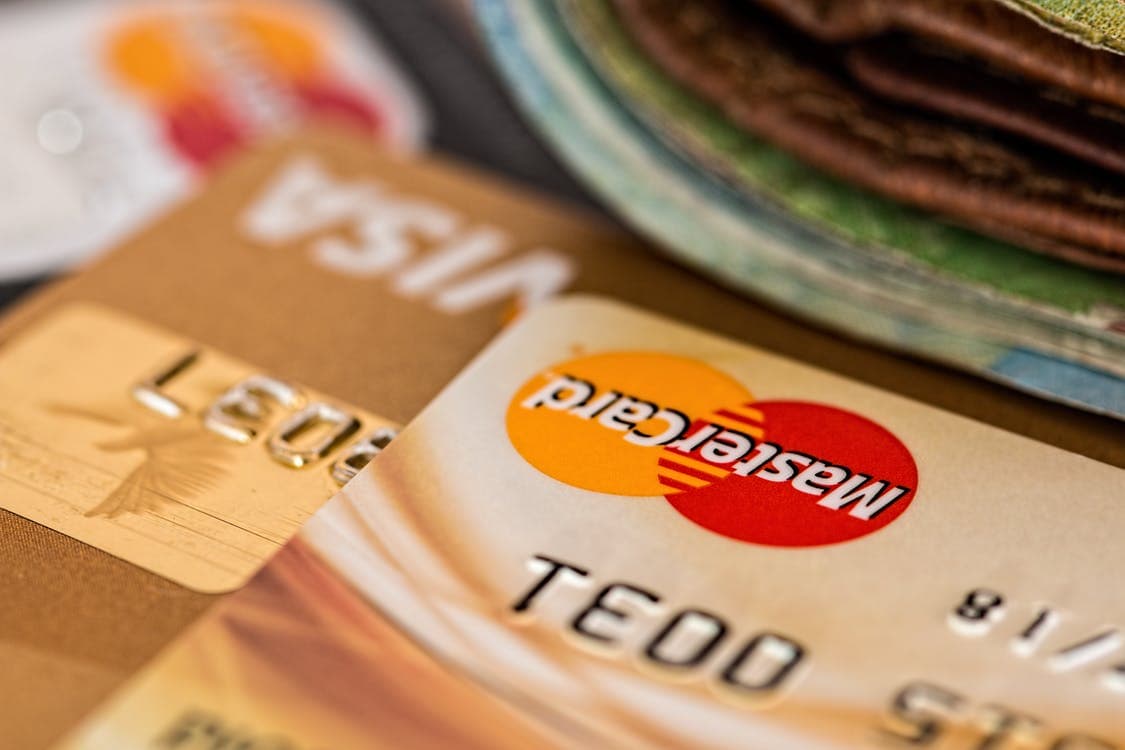Criminals, like predators of all stripes, prefer an easy target to a hard one. To protect yourself, take a few easy steps that make it harder to steal your identity.
One tactic thieves use is hacking low-security sites (perhaps clicking on photos on social media) where they obtain some basic information, then making guesses as to your usernames and passwords.
“Phishing”–sending emails that seem like they come from legitimate sources like PayPal and ask you to click through and provide information—may have you handing over your passwords.
So, some basic defensive measures include:
- Don’t give out your SSN except for tax, credit or verified employment.
- Use strong passwords on your bank accounts and other financial sites. Change them regularly—quarterly at least.
- Don’t give out personal information on the phone or online from incoming sources. Scammers and phishers can say they’re from your bank or credit company very easily.
- Use a cross-cut shredder to dispose of documents with personal information, such as bills or tax documents.
Of course, identity thieves are resourceful, and their methods have progressed beyond digging through trash to find old bills, or calling and pretending to be the IRS. (By the way, the IRS will never call and ask for your sensitive information on the phone, or by email. So if you get that call—hang up!)
Here are a few additional tips for extra security:
- Set up a second email address for shopping and other online activities.
- Most people use their email address as their username. So when hackers get into your regular email account, they have a major component for sneaking into your other accounts. With a second account that you use only for online purchases, you protect your main email account.
- Set up text/email alert for every transaction on your credit cards.
- Most credit cards provide this option; take it. You can then immediately catch any unauthorized activity—even a micro-purchase that thieves use to test your card.
- Set up a security freeze with all 3 credit agencies
- This will lock your credit report with a pin number. It costs about $10 per agency, keeping unauthorized users out. While credit monitoring notifies you after the fact, this helps to prevent theft of your information.
- Protect your mobile devices.
- Use the lock on your phone, for a start. And make sure that any app you download for tracking finances or doing your banking is legit. Check the ratings and comments; learn what information it’s tracking and what it does with the data.
What’s the cost?
Identity thieves use your information in many nefarious ways, ranging from renting apartments or buying homes in your name, to using your identity to hide from creditors or get a job, and of course, spending on your credit.
While new protections mean that you’re not liable for the financial damages, theft of identity can still be expensive. Recovering your good name and credit can take months if not longer, and the expense of hiring professionals to help can add up quickly.




